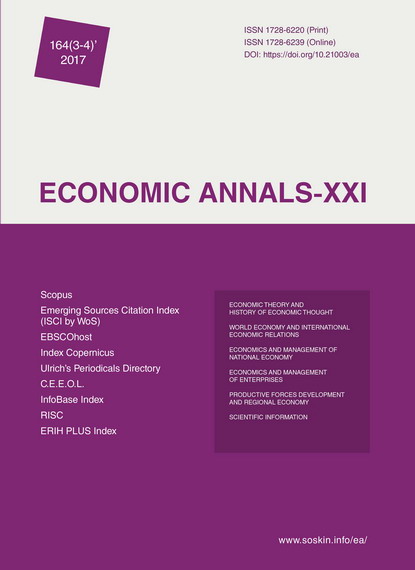Assessment of the fiscal effect of the tax reform options until 2019: the case of Russia
Assessment of the fiscal effect of the tax reform options until 2019: the case of Russia
Author(s): Elena Sidorova, Anna TikhonovaSubject(s): Public Finances, Fiscal Politics / Budgeting
Published by: Institute of Society Transformation
Keywords: Tax Reform; Tax; Value Added Tax; Corporate Income Tax; Personal Income Tax; Insurance Premiums; System Approach; Consumer Behavior; Feedback Loop Effect; Russian Fiscal Policy;
Summary/Abstract: The upcoming period is marked for Russian tax system with crucial reforms and restructuring. By 2019, the national tax reform of value added tax (VAT) and insurance premiums is expected to be completed. Three options of the proposed changes in tax rates will be considered in this article, as well as possible fiscal consequences for the national economy will be calculated. The purpose of the article is to assess fiscal effect of the three options for tax reform conducted until 2019. Computationalanalytical method was used as the main one. Possible fiscal consequences for the national economy were calculated on the basis of three options of the proposed changes in tax rates. The study was conducted on the example of four taxes: value added tax, corporate income tax, personal income tax, and insurance premiums. Based on the calculations, the possible consequences of changes in tax rates are determined taking into account possible changes in consumer behaviour, systems approach to the investigation of the tax system, and the appearance of the feedback loop effect.
Journal: Економічний часопис - ХХІ
- Issue Year: 164/2017
- Issue No: 03+04
- Page Range: 45-48
- Page Count: 4
- Language: English

